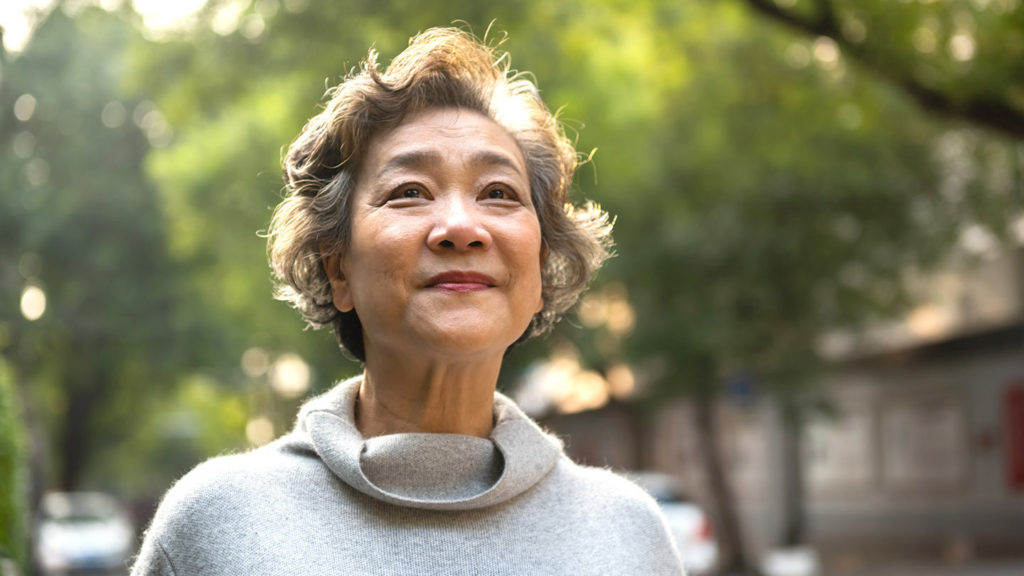
Hope is a four-letter word, one that can make the difference in motivating older adults to move toward their wellness goals, according to the results of a new study from the Mather Institute.
Researchers found that hope was associated with healthy lifestyle behaviors, feelings about the future and self-rated health, according to results of an online study of 711 community-dwelling adults aged 55 or more years.
Study participants had relatively high levels of hope, scoring 6.46 on an eight-point scale. They also reported practicing healthy lifestyle behaviors (6.19) and were positive about their future (5.5).
Within different sociodemographic groups, the report showed that women, non-Hispanic whites, retired people, highly educated people, higher-income individuals, and couples were more likely to be more hopeful and make healthier lifestyle choices than others.
A majority (74%) of respondents rated their health as either good or very good, compared with 9% who rated their health as excellent and 17% who rated it as poor or fair.
“The findings from this study highlight a need to promote hope in older adults in order to enhance their sense of well-being,” the authors wrote, noting that hope can reduce feelings of distress and increase well-being. “One way to enhance hopeful thinking in older adults could be to enlist the help of family members and improving access to safe, open spaces for physical activity that may enable older adults to set achievable goals and enhance their goal pursuit skills.”
Other strategies to promote hope in older adults, the authors said, include setting goals, developing a purpose in life, nurturing hobbies, trying new things, engaging in social activities and practicing reflection.
The study also provided insights into hope in the context of the COVID-19 pandemic. On average, older adults perceived a relatively positive future self and were likely to perceive a positive future in the months ahead during the pandemic.
The authors noted that a sense of hope could come from an understanding of how to cope with major life events, pointing out that some respondents lived through the Vietnam War, the 2007 Great Recession, the 1970s influenza outbreak and the 2002 Severe Acute Respiratory Syndrome, or SARS, coronavirus.


